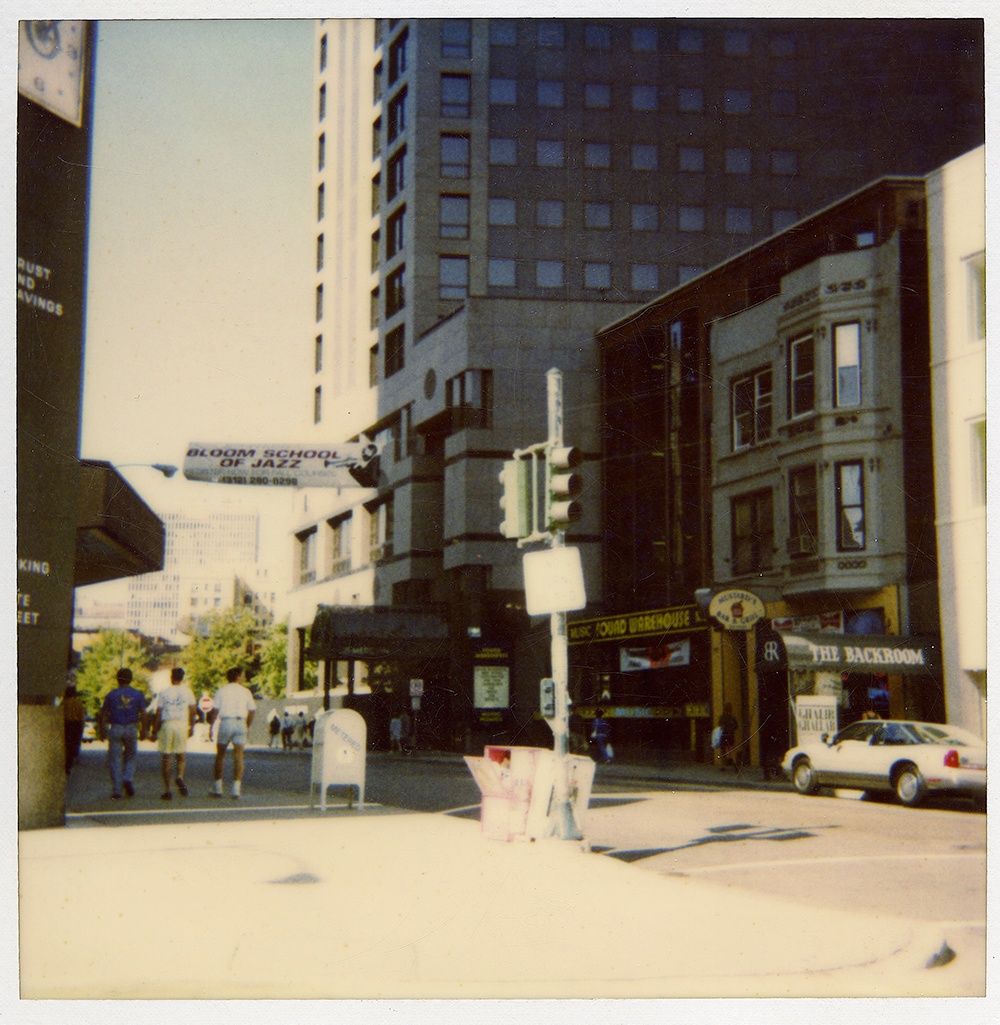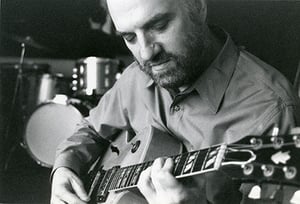The Bloom School of Jazz
Mission
The primary objective is to stimulate and nurture expression, imagination, and individuality through music. Programs are designed to help individuals discover and appreciate their inner potential. The Bloom School adheres to the belief that encouraging new ideas from creative individuals and helping others to recognize and appreciate them, provides the foundation for a better future.
"From his years of listening and performing, Bloom always strives to impart to his pupils not only what constitutes a good solo but what makes a good musician: “When you listen to Coltrane, or any great musician, [you] don’t hear an ounce of self-reference...all I hear are people showing us how much they love music, how much they revere it.” It’s not about ego, it’s about serving the music."
-Excerpt from Chicago Jazz Magazine Article by Chris White
History

The institution was conceived in 1975 when David Bloom taught theory and ear-training to eager instrumentalists of every type from his classroom on Rush Street, upstairs from the supper club and jazz lounge, Jilly’s. After listening to jazz groups, Motown bands in the mid-60’s and blues musicians such as Buddy Guy, Bloom began to realize that jazz music was about personal expression. Observing the masters and articulating their concepts was, and continues to be, the driving force of his program.
Four years after the school opened its doors the jazz combo program was born. Musicians could now focus on group interaction, building arrangements, and crafting the nuances that make a jazz combo’s sound sparkle. Throughout the years Bloom has seen many musicians pass through his tutelage, including notable musicians; Steve Rodby, Rob Mazurek, Chad Taylor, Anthony Wonsey, Larry Gray, Graham Mabe, and Cliff Colnot.
A Word from Bloom School of Jazz Founder, David Bloom:

Much of my teaching philosophy I received from my icon-of-education father, Benjamin Bloom. He believed that there is only a very small group of people that can’t learn at a high level. His work proved most can learn under the right conditions. I always look at each student who walks into the school as someone who can learn to make music at a professional level. That is, if they have the passion. What’s given me great pride is having developed a teaching pedagogy that allows virtually anyone who puts the work in, to ascend to a deeply fulfilling level.
Helping students to find their own individual voice is always the ultimate goal. In jazz, individuality is critical. True educators put the responsibility of teaching on themselves, not the students. It easy to blame the student for the laziness or incompetence of the teacher.
Although it is true that students who don’t do the work won’t learn, it is equally true that a successful outcome will happen if you start a serious student at the correct level and then move the student linearly and incrementally, not skipping the steps that many teachers miss.
Teaching at the right speed is crucial. If you’re to fast you alienate, and if you’re too slow you bore them. When learning is fun and the student doesn’t have to wait for weeks or months to feel improvement there is a strong impetus to continue. Students from all levels of accomplishment have come to the school; beginners who want to get in on the magic of music through professionals who want to present their music at a world-class level.
-David Bloom


